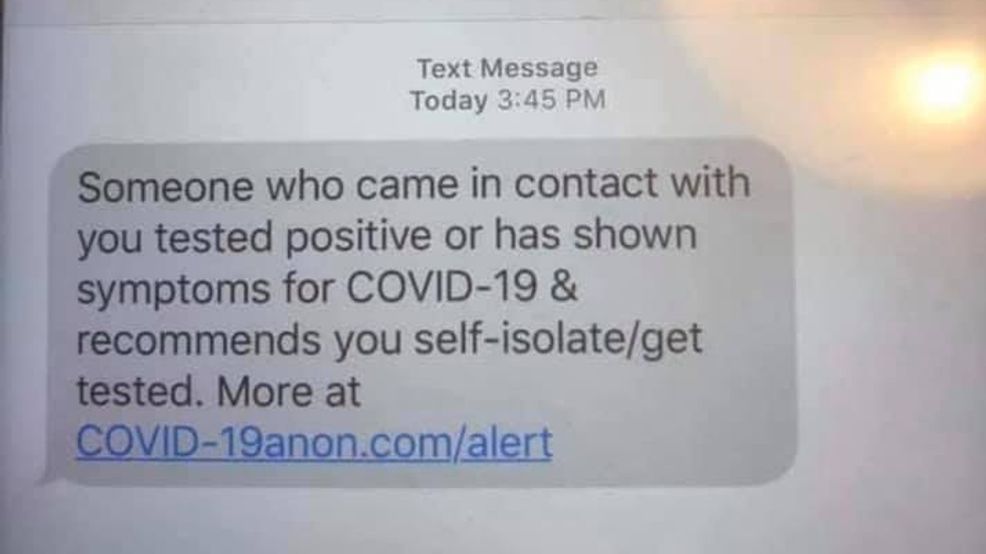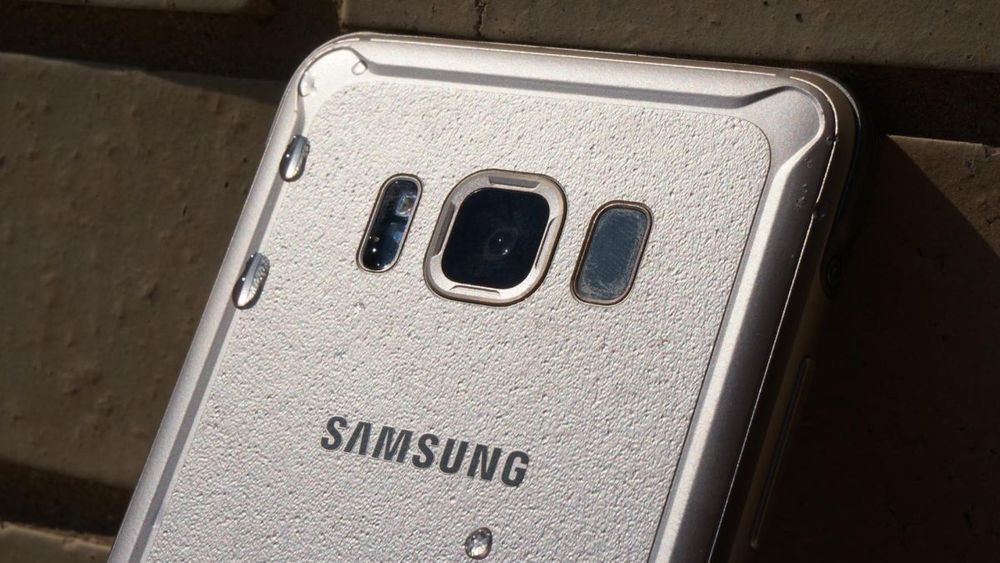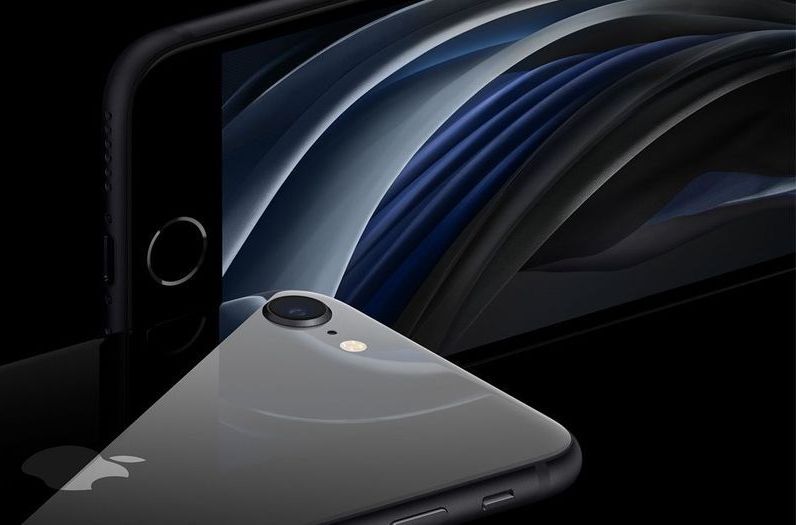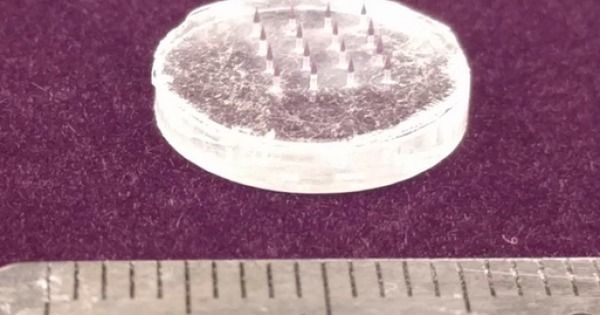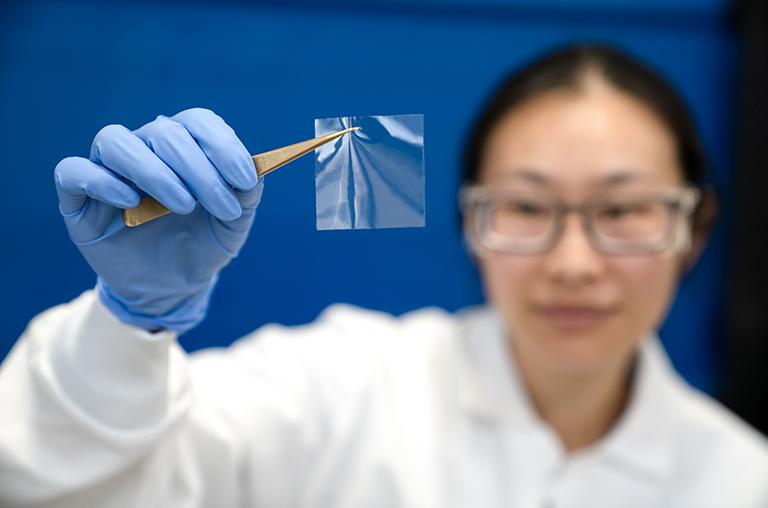
PsiQuantum is a little-known quantum computing startup, however it recently had no trouble raising almost a quarter of a billion dollars from Microsoft’s M12 venture fund and other investors. That is in addition to a whopping $230 million it received last year from a fund formed by Andy Rubin, developer of the Android operating system.
The company was founded in 2016 by British professor Jeremy O’Brien and three other academics, Terry Rudolph, Mark Thompson, and Pete Shadbolt. In just a few years, they have quietly grown the company from a few employees to a robust technical staff of more than 100.
Compared to today’s modest quantum computing capabilities, PsiQuantum’s elevator pitch for investors sounds like a line from a science fiction movie. O’Brien not only says he is going to build a fault-tolerant quantum computer with a staggering one million qubits, he also says he is going to do it within five years. O’Brien’s technology of choice for this claim is silicon photonics, which uses particles of light called photons to perform quantum calculations. Theoretically, photons behave as both waves and particles, but that’s a subject for another article. Quantum computing technologies in use today are primarily superconductors and trapped ion. However, there is plenty of research that shows photonics holds a lot of promise.
